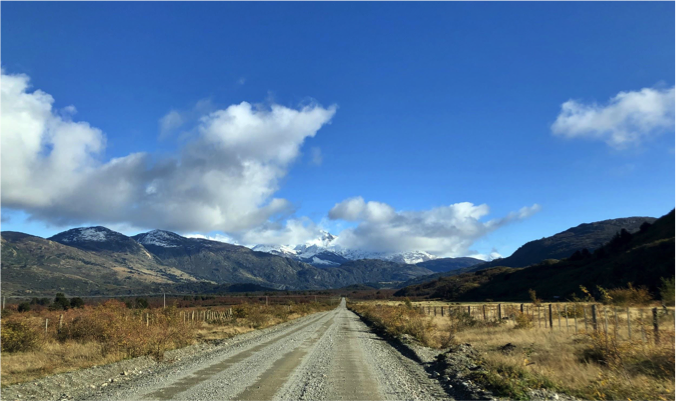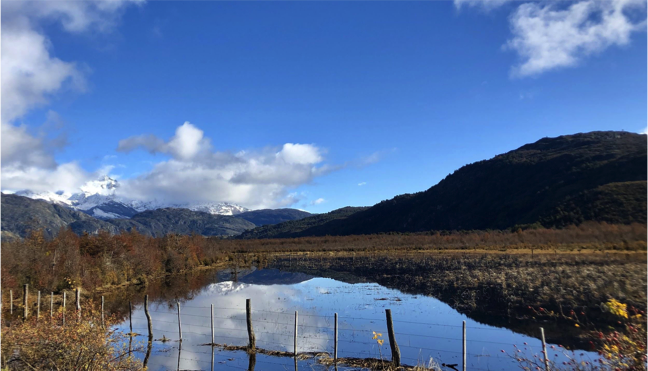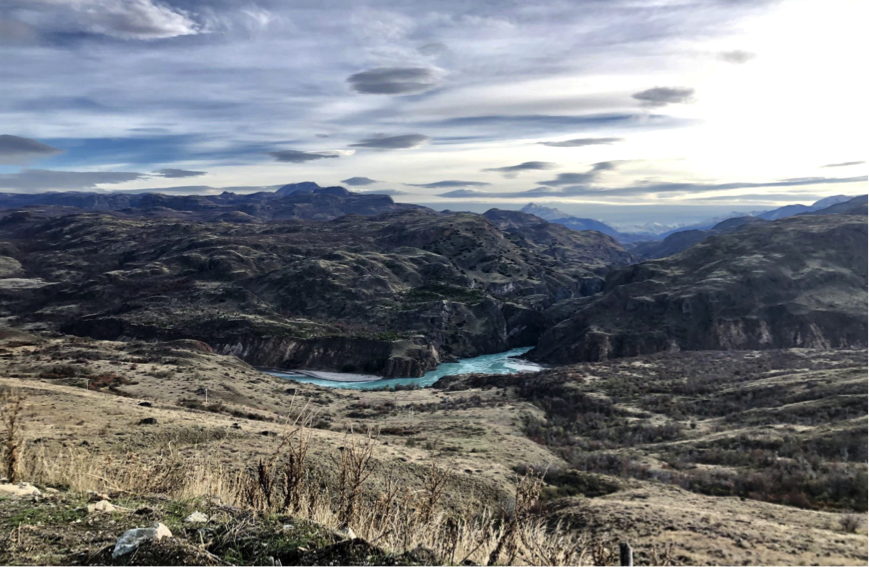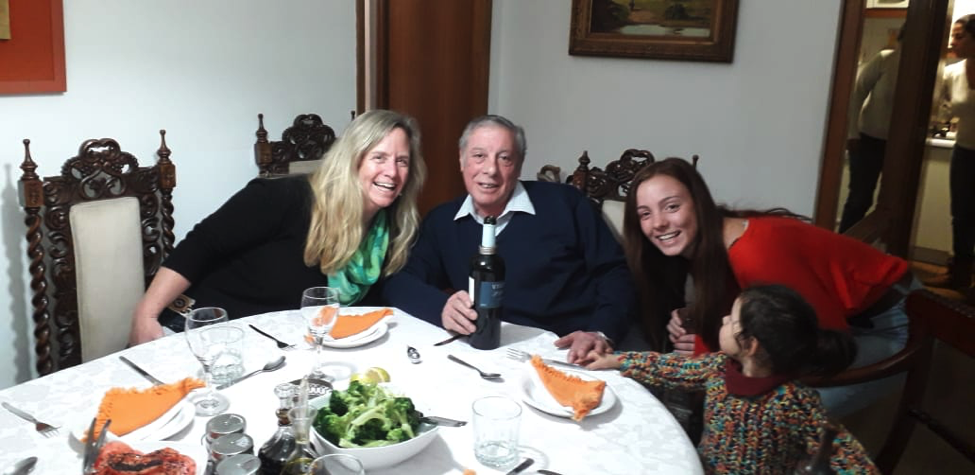By Eleanor Shea, CASA Chile Spring 2019 (Harvard University ’20)

When contemplating the location of my semester abroad, multiple people jokingly said something along the lines of: “Chile, huh? You know the Spanish there is a little different, right?” I have always been inclined towards the more difficult route, hurling myself into unknown environments, with a deep sense of excitement and possibility. That being said, around December I started to get nervous. The idea of taking classes in a foreign language, missing out on all of the memories those close to me would make without me, and furthermore not having the ability to return for summer had me worried.

Indeed, Chilean Spanish is so full of chilenismos and slang, native speakers joke it is not Spanish at all. I concealed my fear of this topic, of being completely lost upon arrival, by saying, “well, if I can learn to understand Chileans, then I can understand anybody, right?” And, to some extent I believed myself. Maybe it was out of stubbornness, and the joy of proving others wrong. Or, maybe it was out of laziness - I would never be the person to practice my Spanish diligently on my own. Immersion was the only option for improvement. I am here to say that if you are even considering studying abroad in Spanish, you already have the skills to be successful. I thought tuna was a fish (here a delicious green fruit), asked for "water from the farm." And still, I am passing my classes with much less stress than at Harvard. While I cannot say I understand Chileans perfectly, I do breathe a sigh of relief when I hear the clean articulation of a Venezuelan. And last week on the soccer field, “pégala!” flew out of my mouth before I even realized it. More to the point, my Spanish language skills have been useful for the first time, allowing me to have conversations and form bonds otherwise impossible. Whether a joke with a cashier or translating my mom’s gratitude to my host family, I felt empowered. With my return to the US nearing, I feel compelled to continue to engage with the language and communities closer to home.


As for my other fear, like so many other students, it felt difficult to leave the bubble in which your closest friends get to spend every day together. I worried of drifting apart and missing important events in the lives of those close to me. I of course was not there for milestones: graduations, new jobs, weddings, moves and break-ups. It was not always easy, and yet I found myself ending this semester more grounded. I continued to do what was most important to me: explore beautiful landscapes and spend time with friends and family - including the four grandchildren of my host family. Furthermore, there was no pressure to perform artificial friendships. When you leave the bubble of University, it becomes evident who will be there after. Whether it was through regular Tuesday WhatsApp calls, “hey! I was just thinking of you…” texts or visits and travels together here in Chile, I felt my relationships with those I am closest to deepen in a unique way. I realized that after college those I care for will be even more scattered. And yet, I feel grounded by the knowledge that we have already learned to transcend distance. Studying abroad has not left me isolated from the world that continued on without me. Rather, I know I will go into my senior year knowing what and who is most important to me.

